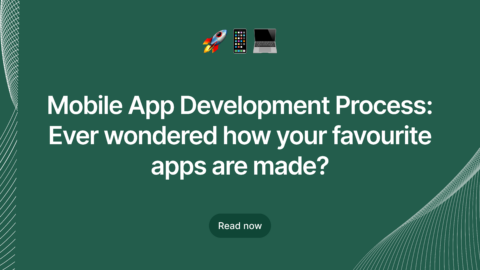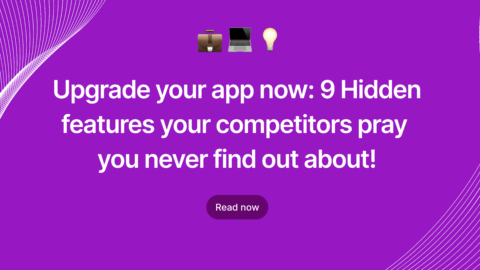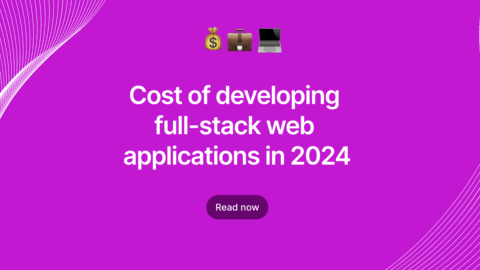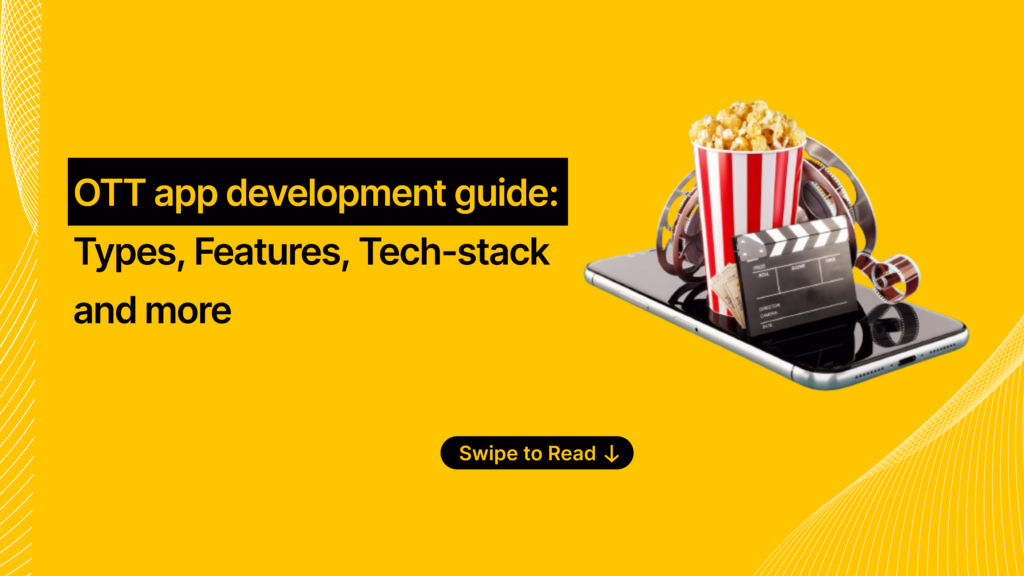
Every person who owns a smartphone today must somehow have access to an OTT application. Although most of us have been watching our favorite movies and shows on OTT applications many of us don’t know the full form of OTT. It is “Over-The-Top”.
As per definition, OTT means watching shows and movies online instead of on regular TV. Many people use the internet and smartphones or smart TVs to do this. Big companies like Netflix, Amazon Prime Video, and Disney+ are very popular for this. More and more people are doing this, so companies need to make really good apps if they want to do well.
With over 1 billion people watching videos online, OTT apps are expected to make $223 billion by 2026 worldwide. That’s why many businesses want to make their own apps.
On the other hand, Developing an application is not an easy task as you have to focus on a wide range of considerations starting from selecting the tech-stack to design and from budget to duration.
In this blog post, we will be sharing our OTT app development guide with all the entrepreneurs out there who are planning to enter into the OTT space.
Why do people love OTT apps over traditional TV?
Well, before we can decide on what technology stack you should be using while building your OTT app it is also important to understand what makes people access OTT apps over the traditional TV culture.
More and more people are using apps like Netflix, Amazon prime etc instead of regular TV for a few reasons
Flexibility
They let you watch what you want when you want. You don’t have to stick to a TV schedule
Lots of different shows
They have tons of movies, TV shows, and original content to pick from. There’s something for everyone.
Easy to use
You can watch your favorite content on different devices like phones, tablets, and smart TVs. It’s convenient because you can watch anywhere, anytime.
Affordable
They are also cheaper than regular TV. You pay a subscription to watch what you like, and you can cancel anytime. It gives you more control over your spending.
Overall, OTT apps are popular because they’re personal, easy, and don’t cost too much.
App development guide: Understanding the different types of OTT applications
Did you know that OTT apps aren’t just for watching videos? There are other types too, like audio, VoIP (Voice Over Internet Protocol), and messaging services.
Out of these, video applications is the most popular. It’s no surprise because the market for video streaming is huge, attracting a lot of viewers.
When it comes to making video streaming apps, there are three main types:
1. Services-based apps
2. Platforms for content and communication
3. OTT platforms as devices
Businesses that invest in making apps that can become leaders in their field. As the market grows, having an OTT app can give companies an edge in reaching and keeping customers interested.
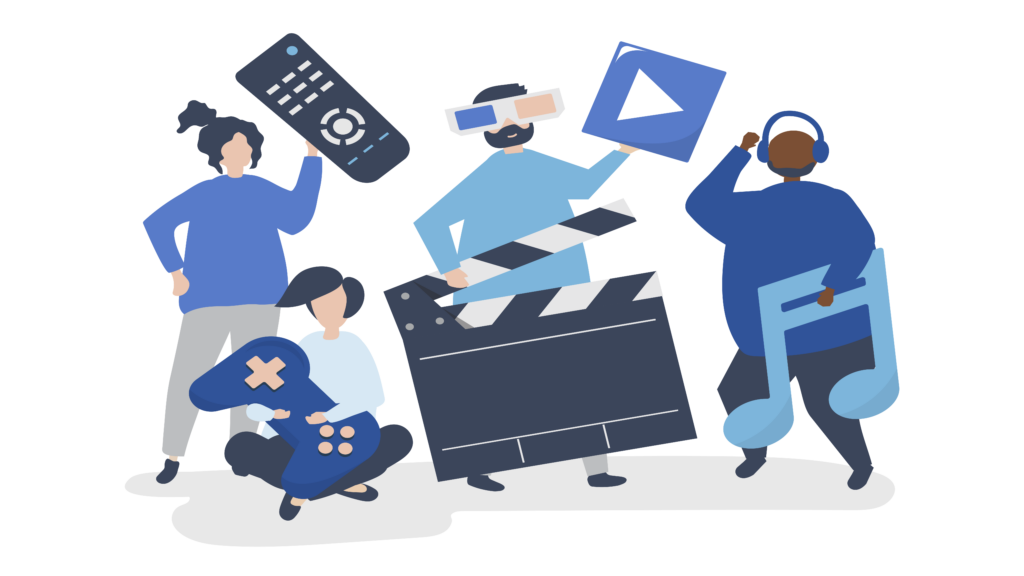
Features an OTT app must have to make it more engaging
To make a great OTT app for phones or the web, you need to think about what users want. Many young people use apps a lot, so it’s important to make it easy for them to use. Here are some important features to include:
1. Search Bar: Let users find what they want quickly.
2. Watch List: Allows users to save shows or movies they want to watch later.
3. User Profile: Give users a personal space where they can manage their preferences.
4. Multi-device Support: Make sure the app works well on different devices like phones, tablets, and computers.
5. Social Sharing: Allow users to share what they’re watching with friends on social media.
6. Screen Mirroring: Enable users to watch content on a bigger screen by connecting to a TV or projector.
7. Multilingual Content: Offer content in different languages to cater to diverse audiences.
8. Push Notifications: Notify users about new episodes, releases, or special offers.
9. Subtitles: Provide subtitles for users who need them to understand the content better.
Selecting the ideal tech-stack for OTT apps
Picking the right technology is important for making a good OTT app that’s easy to use and secure. Here are some options for different parts of the app:
Front-end Development
- React Native
- Ionic
- Flutter
- Xamarin
Backend Development
- Django
- .NET
- Node.js
Databases
- MySQL
- MongoDB
- PostgreSQL
- SQLite
- Cassandra
Programming Languages
- Java
- Kotlin
- Swift
- Objective-C
Cloud Infrastructure
- Amazon AWS
- Azure
- GCP (Google Cloud Platform)
Payment Integration
- Stripe
- PayPal
- Skrill
- Authorize.net
CDN (Content Delivery Network)
- KeyCDN
- Cloudflare
- Fastly
- Akamai
- CloudFront
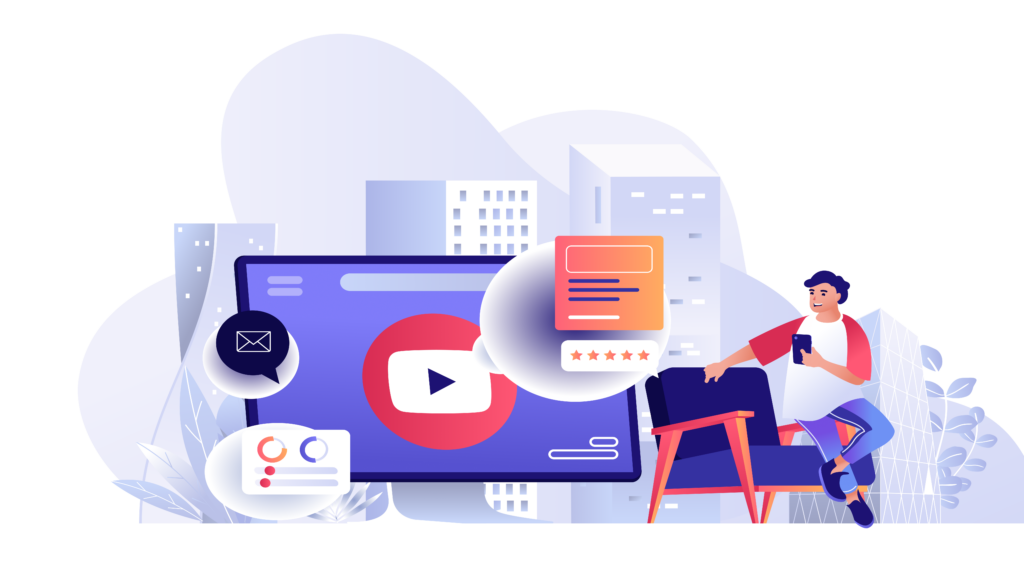
Start with an MVP (Minimum Viable Product)
You could spend months or even years building all the features you think users might want. But what if, after all that time and effort, users don’t actually like your app? That would be a huge waste of resources.
This is where the MVP comes in. Instead of building the entire app from the start, you create a basic version with just the essential features. These features are enough to provide value to early users and allow you to test your idea in the real world.
By launching an MVP, you can:
Validate your idea
You’ll find out if there’s a demand for your app before investing too much time and money into it.
Minimize risks
Building a full-fledged app is risky because you might invest a lot of resources into something that doesn’t work. With an MVP, you minimize that risk by starting small and testing the waters first.
Save time and money
Developing an MVP is quicker and cheaper than building a complete app. This means you can get your product to market faster and start learning from real user feedback sooner.
Iterate based on feedback
Once your MVP is live, you can gather feedback from users and use that information to improve your app. This iterative process allows you to build a better product over time.
Overall, launching an MVP is a smart strategy for anyone developing an OTT app (or any app, for that matter). It’s a way to test your idea, minimize risks, and ultimately build a product that users love.
How much does it cost to build an OTT app?
The cost of developing an OTT app can vary widely depending on several factors, including the complexity of the app, the features you want to include, the technology stack you choose, and the development team’s hourly rates.
Typically, building a high-quality OTT app involves expenses related to design, development, testing, deployment, and ongoing maintenance. It’s essential to budget for these costs to ensure that you can create an app that meets your needs and provides a great user experience.
Now, if you’re interested in getting a more accurate estimate for your specific project, I recommend using our app development cost calculator. It’s a handy tool designed to provide you with a rough idea of how much it might cost to develop your OTT app based on your requirements.









